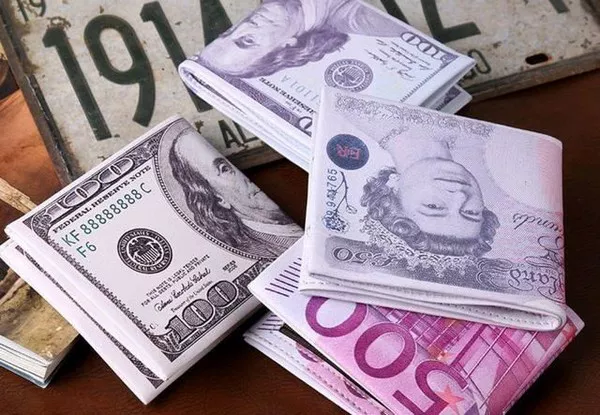The British Pound, a symbol of economic stability and financial resilience, has experienced a noticeable decline in recent times. Investors, economists, and the general public are keenly observing this trend and attempting to comprehend the underlying reasons behind the fall. In this article, we will explore the multifaceted factors contributing to the depreciation of the British Pound and their potential implications for the United Kingdom’s economy.
Brexit Uncertainties
One of the primary drivers behind the recent decline of the British Pound is the persistent uncertainties surrounding Brexit. Even though the UK officially exited the European Union on January 31, 2020, the negotiations on the future relationship between the two entities continued well into 2021. The lack of a clear and comprehensive trade agreement has left investors uneasy, leading to a lack of confidence in the British economy.
The ongoing trade negotiations and the possibility of a ‘no-deal’ scenario have added an extra layer of uncertainty for businesses and investors. This uncertainty has a direct impact on the value of the British Pound, as market participants are more likely to seek safer assets in times of instability.
Economic Contraction
The global economic landscape has been significantly affected by the COVID-19 pandemic, and the United Kingdom is no exception. The economic contraction resulting from lockdowns, travel restrictions, and disruptions to supply chains has placed immense pressure on the British economy. As GDP contracted, investors became wary of the economic outlook, leading to a decrease in demand for the British Pound.
Moreover, the Bank of England’s decision to implement quantitative easing measures and lower interest rates to stimulate economic recovery has contributed to the depreciation of the currency. While these measures are essential for supporting businesses and households, they often lead to a decrease in the value of the national currency.
Trade Imbalances
Persistent trade imbalances can also be identified as a factor influencing the depreciation of the British Pound. The UK has been running a trade deficit for an extended period, importing more goods and services than it exports. This imbalance puts downward pressure on the currency, as a continuous outflow of funds to pay for imports can erode investor confidence and weaken the exchange rate.
A weaker currency, in turn, can make exports more competitive on the global market, potentially helping to correct the trade imbalance over the long term. However, in the short term, the immediate impact is often a decline in the currency’s value.
Political Factors
Political events and their influence on economic policies can play a significant role in the currency market. Political instability or unexpected developments can contribute to a lack of confidence among investors, leading to a depreciation of the national currency. The UK’s political landscape has witnessed significant changes in recent years, with shifts in leadership and ongoing debates about the nation’s future direction. These factors can contribute to an environment of uncertainty, impacting the value of the British Pound.
See Also How Do You Invest When The Pound Is Weak?
Inflationary Pressures
Inflation, or the rate at which the general level of prices for goods and services rises, can affect a currency’s value. If inflation in the UK outpaces that of its trading partners, the purchasing power of the British Pound diminishes. This makes imports more expensive, contributing to trade imbalances and putting downward pressure on the currency.
Uncertainties related to Brexit and the economic fallout from the COVID-19 pandemic have contributed to inflationary pressures in the UK. Rising prices can erode consumer confidence and investor sentiment, creating a challenging environment for the currency.
Conclusion
In conclusion, the fall of the British Pound is a complex interplay of various economic, political, and global factors. The uncertainties surrounding Brexit, economic contraction due to the COVID-19 pandemic, trade imbalances, political factors, and inflationary pressures all contribute to the depreciation of the currency. While some of these factors are interconnected, each plays a distinct role in shaping the trajectory of the British Pound.
As the UK navigates through these challenges, policymakers and market participants will closely monitor developments and adjust strategies accordingly. Ultimately, a clearer economic and political outlook, along with effective policy measures, will be essential for restoring confidence in the British Pound and stabilizing its value in the global currency market.


